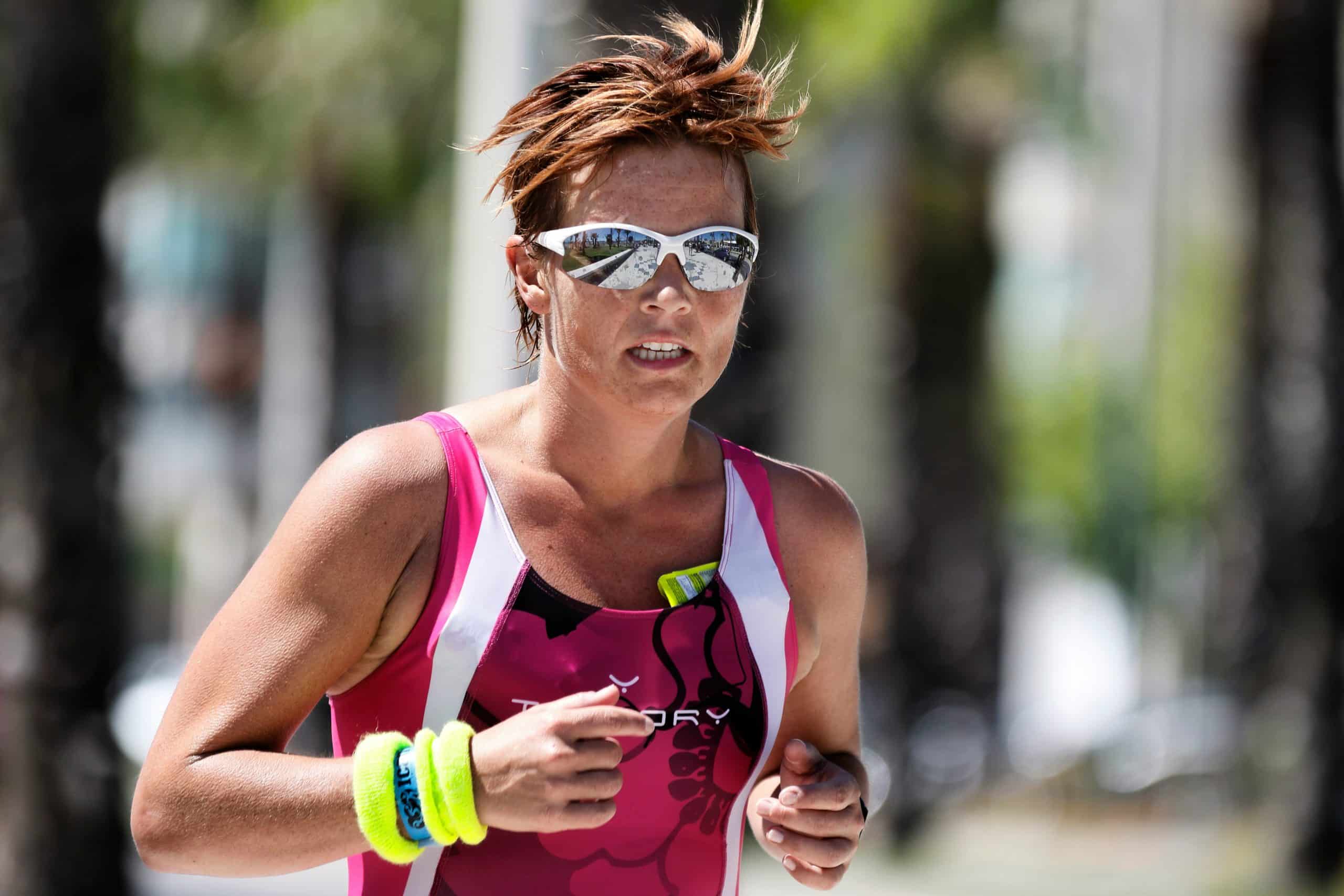Hello, you all! In this bustling world, where everyone is aiming to excel in their chosen fields, the life of student-athletes is a unique blend of sweat and papers. They are constantly facing the challenge to keep up with the demands of their academics while also honing their athletic prowess. It’s a juggling act, but many student-athletes are successful in maintaining this balance. How, you ask? Let’s dive in and dissect the lives of these dual-hatted students to learn how they manage it all.
Emphasizing Time Management Skills
The first and most important thing that comes to mind when discussing how student-athletes balance their sports and academic commitments is time management. Student-athletes are often handed a tight schedule that involves grueling training, competitive matches, and high-stake exams.
In parallel : How can sports contribute to promoting healthy lifestyles and physical education in underprivileged communities?
The secret behind their ability to cope with such a schedule lies in having excellent time management skills. They are masters of compartmentalization, breaking their day into chunks and dedicating specific time slots to each activity. When it’s time for academics, they shift their focus solely to their studies, and during their athletic training, they give their all on the field.
Coaches also play a significant role in helping student-athletes master the art of time management. They provide structured training schedules and offer guidance on how to make the most of the available time. By adhering to this structure and making judicious use of their time, student-athletes can successfully balance their academic and athletic commitments.
Also to see : What are the cultural influences on sports memorabilia and collectibles?
Academic Support Systems in Place
Colleges, schools, and universities understand the unique challenges faced by their student-athletes. Therefore, many institutions have academic support systems in place to help these students cope with their academic responsibilities.
These supports can take the form of tutoring services, study skill workshops, and even programs that help student-athletes develop effective study habits. Some institutions also have specialized academic advisors for athletes who offer personalized advice on course selection, degree planning, and academic success strategies.
In addition to these supports, student-athletes can also avail of flexible scheduling options. This allows them to plan their academic schedule around their sports commitments, ensuring that they do not miss out on any crucial games or academic deadlines.
Cultivating Strong Relationships with Coaches and Teachers
The role of coaches and teachers in the lives of student-athletes cannot be overstated. These key individuals offer guidance, support, and encouragement, helping the students to achieve their academic and athletic goals.
Student-athletes often have a close relationship with their coaches. These coaches, apart from imparting athletic skills, also emphasize the importance of academics. They are known to instill discipline, work ethics, and time management skills, all of which help the student in their academic journey.
Teachers, on the other hand, offer academic support and understanding. They recognize the unique challenges that student-athletes face and often provide them with extended deadlines, extra tutoring, and other supports that help them maintain their academic standards.
Prioritizing Health and Well-being
While it’s essential for student-athletes to maintain a balance between their sports and academics, it’s equally important for them to prioritize their health and well-being. After all, both academic performance and athletic prowess depend significantly on being physically and mentally fit.
Student-athletes are encouraged to follow a healthy diet, get regular exercise, and ensure they get enough sleep. These are the fundamental building blocks to maintaining their energy levels and ability to focus, both in the classroom and on the field.
Furthermore, many schools, colleges, and universities offer mental health support to their student-athletes. These services can range from counseling sessions to mindfulness workshops and stress management classes. By taking care of their mental health, student-athletes can ensure they are in the best possible shape to take on their dual responsibilities.
Developing a Positive Mindset
Finally, one of the key strategies student-athletes employ to balance their academic and athletic careers is developing a positive mindset. They understand that there will be times when the pressure from both fronts may seem overwhelming. However, with a positive attitude, they can navigate these challenging periods successfully.
This positive mindset allows them to view challenges as opportunities for growth rather than obstacles. They are also more likely to maintain their motivation and enthusiasm, both of which are crucial for staying committed to their academic and athletic goals.
In summary, balancing athletics with academic pursuits is no easy feat, but with the right skills and support, student-athletes are more than capable of rising to the challenge. Whether it’s through time management, academic support systems, strong relationships with coaches and teachers, prioritizing health and well-being, or fostering a positive mindset, these dedicated individuals demonstrate that it’s entirely possible to excel both on the field and in the classroom.
Utilizing Social Media as an Asset
In the age of digitization, it’s also important to note that many student-athletes utilize social media as an asset to balance their academics and athletics. Platforms like Instagram, Twitter, and Facebook are not just for entertainment or connecting with friends, but also a valuable tool for academic research, staying updated with sports news, and maintaining important connections.
Student-athletes can make use of academic-related groups on these platforms to collaborate, discuss, and share information on assignments, projects, and exams. They can also use social media to follow sports analysts, coaches, and other athletes, gathering useful tips on improving their game.
However, they are aware that social media usage requires careful management. Spending too much time scrolling through feeds can detract from their academic and athletic commitments. Hence, they use these platforms judiciously, setting specific time limits for usage to avoid distraction.
Moreover, they take full advantage of features like turning off notifications during study or practice hours, using productivity apps that block distracting sites, and setting aside designated times for social media use. This disciplined approach towards digital media usage assists them in staying focused on their dual responsibilities.
Adapting to Changes and Challenges
Adaptability is another key aspect for student-athletes in effectively balancing academics and athletics. The life of a student-athlete is filled with uncertainties, including schedule changes, competition environments, and academic workload. Adapting to these changes and challenges is crucial for maintaining a balanced lifestyle.
Whether it’s a sudden change in training schedules or an unexpected assignment deadline, student-athletes are often expected to adjust quickly. They learn to be flexible and resilient, qualities that not only help them excel academically and athletically, but also shape them into well-rounded individuals.
One of the ways student-athletes develop adaptability is through educational leadership. Being in demanding roles, they often have opportunities to lead teams in sports or academic projects. These experiences teach them to manage unexpected situations and make informed decisions rapidly, further enhancing their adaptability skills.
In Conclusion
Balancing an athletic career with academic pursuits is not a walk in the park. It’s a complex, ever-evolving task that requires a high degree of commitment, discipline, adaptability, and time management skills. Nevertheless, for many student-athletes, the rewards outweigh the challenges. They not only achieve academic and athletic excellence but also develop essential life skills and experiences in the process.
Student-athletes demonstrate the power of a positive mindset, disciplined lifestyles, strong relationships, and effective support systems in accomplishing their dual goals. Their journey is a testament to what can be achieved with the right approach and attitude.
As we look into the lives of these student-athletes, we can learn valuable lessons about persistence, resilience, and balance. These lessons are not exclusive to those in sports or academia but are applicable to all areas of life. Whether you are a student, a professional, or a lifelong learner, there is much to learn from the tenacious spirit and disciplined approach of student-athletes.












Comments are closed